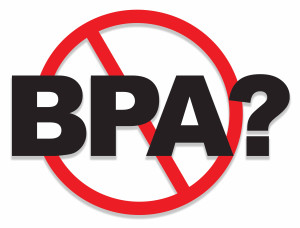It’s always a relief to know that you can enhance oral health despite the multiple decays present on your teeth. This is one of the advancements you can relish in dental technology. Other than oral hygiene, these treatments are used to save and protect teeth from further damages. As a result, teeth become flashy and your oral health becomes twice healthy. However, dental treatments, like sealants and fillings carry adverse reactions. Thanks to the dentists who work at emergency dental services after hours for this information.
While most of us settle with front teeth brushing, it’s smart learn that the back areas need care too. With front teeth brushing alone, the molars become susceptible to cavities and tooth decay. Thanks to dental sealants! Dental sealants are made of plastic resin. It is made to secure molars from tooth decay and cavities. These are applied to the molars and premolars which are ultimately used to ward off cavity-causing bacteria and food. Normally, dental sealants are acquired at a young age. Nevertheless, this doesn’t exclude adults from the list.
Just like dental sealants, dental fillings are also part of the most in-demand dental treatments nowadays.
Dental fillings come with several types. These filling materials can be acquired in gold, silver and composite resin fillings. Composite resin fillings are the newest developed filling material. Besides its translucent look, these function well like natural teeth. Dental fillings are highly aesthetic. It can restore teeth and strengthen the bond of the tooth. With proper care, dental fillings can stand for years.
Sealants and fillings truly play a huge role to us. However, due to the possible formation of Bisphenol A, your oral health could be at risk.
For the record, sealants and fillings don’t have BPA. But the compounds within these materials can turn into BPA especially when in contact with saliva. BPA forms in the mouth when fillings and sealants are applied. BPA is a known compound used to create plastics which are highly dangerous when ingested. Other than causing dental issues, this compound can induce hyperacidity, diabetes, heart disease and cancer.
With a keen observation on BPA, it pays to get regular consultation with a dentist. Dentists will help you to minimize BPA exposure.

